'SCARFACE' NOTES & QUOTES
PACINO, TARANTINO, VIDEO GAMES, AND THE AMERICAN DREAM Al Pacino, interviewed by The Star's Graham Walker
Al Pacino, interviewed by The Star's Graham Walker"
Oliver Stone, who wrote the screenplay and who is in my opinion a great screen writer, wrote it with such alacrity, power and passion and sociopolitical projection or insight.
Brian De Palma, a great director, took something that had this underpin of social significance into more of an operatic, over the top interpretation and somehow those two coincided in a way and I think allowed this movie to become what it is.”
Quentin Tarantino, interviewed by Entertainment Weekly's Keith StaskiewiczThe Hateful Eight is currently in production to be released later this year, but at that point it was deader than the runner-up in a quick-draw duel with Tarantino saying he would adapt the script into a novel instead. “I was sad for all of us that possibly he wouldn’t do it or that he would let something like that get in the way of filming,” says [Tim] Roth. “I was glad to hear I didn’t do it, though.” To complicate matters, Tarantino also filed suit against Gawker Media for copyright infringement when the company’s Defamer website posted a link to download a PDF of the leaked script. The suit would subsequently be tossed out, refiled, and eventually dropped by Tarantino, who now admits that the legal saga ended up serving as more of a distraction than redress. “I almost regret the whole suing Gawker because it actually took the light off of what was important,” he says. “My whole thing wasn’t against Gawker, it was against Hollywood practices that have just been considered okay.”
To that end, Tarantino even ended up attending a morning meeting with the agents of William Morris to hold a discussion on integrity and discretion. He says he doesn’t blame people for wanting to get a early glimpse at his film. “You know, when Brian DePalma was doing Scarface, I wanted to know anything that I could get before it opened,” he says. “A still shot, a shot from the set, anything. I get it.”
After a cool-down period, and a successful live reading of the script, Tarantino decided he would keep the nose rather than continue to spite his face, announcing that The Hateful Eight would, in fact, be going forward. He made a number of changes to the script—including a wholly new ending—and started looking for the actors to round out his cast, albeit slightly more prudently than before. “It wasn’t until I went to audition at his house that he gave me the ending,” Jennifer Jason Leigh says. “He was being really careful by that point.”
The Boston Globe's Ted Widmer: "What the man behind the ‘American Dream’ really meant"
"We all feel drawn to the 'American Dream.' For millions, immigrants especially, the phrase has evoked the full promise of the United States. What it means exactly, though, has shifted significantly over the years, and that accordion-like expansiveness has only increased its usefulness. Like a utility player on a baseball team, it’s a slogan that can play nearly any position, helping writers, politicians, activists, and academics talk about ways our society builds expectations — and occasionally delivers on them.
"But there can be a downside to a phrase that tries too hard, and in his new book, Our Kids: The American Dream in Crisis, Harvard sociologist Robert Putnam ultimately turns the notion on its head, arguing that the dream has become 'a split-screen American nightmare.' In Putnam’s hands, the phrase lingers as a jab to conscience, a reminder that we can do better — and often have...
"In 1931, amid the Great Depression, [James Truslow] Adams wrote another bestseller, The Epic of America, published in Boston by Little, Brown. This was the launch pad for the immortal quote. In a burst of democratic enthusiasm, he praised 'the American dream, that dream of a land in which life should be better and richer and fuller for everyone, with opportunity for each according to ability or achievement.'
"Adams was careful to separate the dream from mere prosperity — it was not a 'a dream of motor cars and high wages,' but 'a dream of a social order in which each man and each woman shall be able to attain to the fullest stature of which they are innately capable, and be recognized by others for what they are, regardless of the fortuitous circumstances of birth or position.' It was a dream that could not exist in the older parts of the world, with their class structures, but needed, by definition, to be available 'for the simple human being of any and every class.'
"Other New Englanders in other centuries had said similar things — John Winthrop’s City upon a Hill, though that was more a collective than an individual dream, or Benjamin Franklin’s relentless schemes for self-advancement. But Adams improved upon them with a succinctness that fit the 20th century.
"Like any great expression, it has enjoyed a life of its own — wildly beyond the expectations of its creator, and often beyond his specific instructions as well. Despite his attempts to define it carefully, the American Dream has been identified with wealth, over and over again, by marketers, media, and the masses. Brian De Palma’s 1983 film Scarface, in which Al Pacino portrays a murderous drug dealer in Miami, included the tagline, 'He loved the American Dream. With a vengeance.' Donald Trump often attacks antipoverty programs for destroying the American Dream. But getting it so wrong is, in a way, a tribute to the idea’s hold on our imagination."
The Guardian's Keith Stuart: "The cliche of the lone male gamer needs to be destroyed"
"Even more tenuous is the idea that boys now completely lack societal role models. [Psychologist Philip] Zimbardo sees a popular culturing teeming with moodles ('man poodles') and infantilised losers like the stars of Judd Apatow’s comedy movies. What he doesn’t seem to have kept up with is the rise of the aspirational geek. Sure, the muscle-bound alpha males of 80s action cinema have largely retired, but tech culture has brought us new figureheads – Mark Zuckerberg, Elon Musk, Biz Stone, Palmer Luckey – men who (whatever you personally think of them) reached the top through intelligence and industry, who read the prevailing tech trends and got it all right. David Fincher’s movie Social Network is effectively a modern-age take on Brian de Palma’s Scarface: the analysis of male aspiration and heroism as a symbol for its contemporary milieu. Geeks are heroes now, and they’re a lot more functional and relatable than the movie and sports stars we once adored."
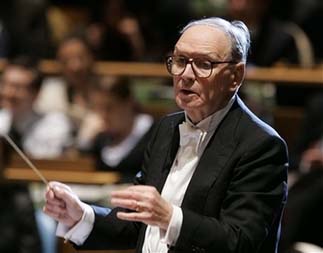 Deadline's Nancy Tartaglione reported yesterday from Cannes that Giuseppe Tornatore will direct a "documentary feature based on the life and work of legendary composer Ennio Morricone." Tartaglione writes, "Tornatore first collaborated with Morricone on Oscar winner Cinema Paradiso. He is shooting interviews for the doc in several locales and filming a narrative piece alongside. Both the narrative and the interviews are designed to highlight a side of Morricone that has never been revealed. The narrative component will reconstruct key moments, anecdotes, and situations which have been essential steps of the artistic and personal path that Morricone’s life has taken."
Deadline's Nancy Tartaglione reported yesterday from Cannes that Giuseppe Tornatore will direct a "documentary feature based on the life and work of legendary composer Ennio Morricone." Tartaglione writes, "Tornatore first collaborated with Morricone on Oscar winner Cinema Paradiso. He is shooting interviews for the doc in several locales and filming a narrative piece alongside. Both the narrative and the interviews are designed to highlight a side of Morricone that has never been revealed. The narrative component will reconstruct key moments, anecdotes, and situations which have been essential steps of the artistic and personal path that Morricone’s life has taken."





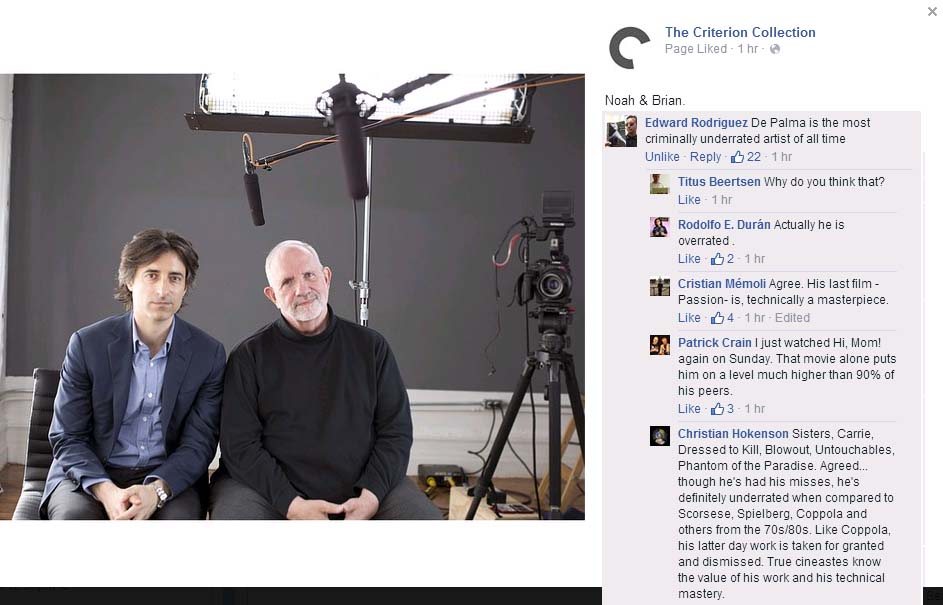
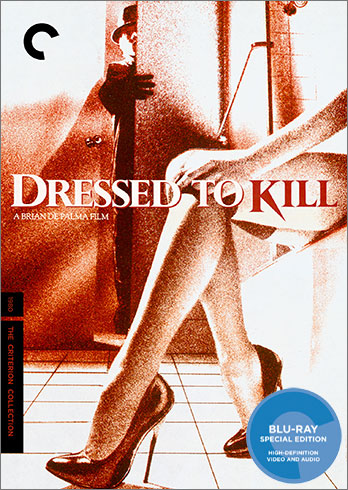
 Some quotes noting the influences on Cédric Jimenez' The Connection:
Some quotes noting the influences on Cédric Jimenez' The Connection: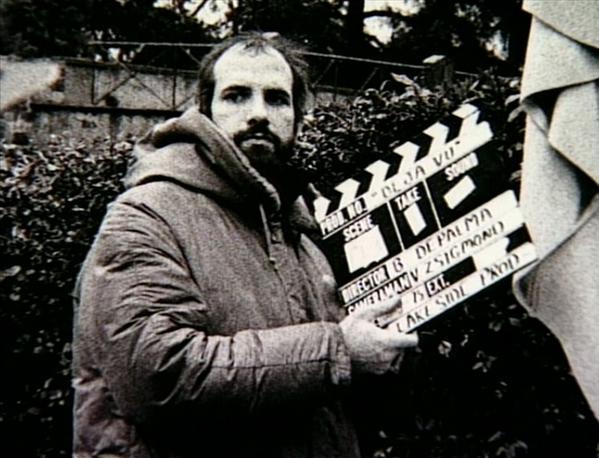


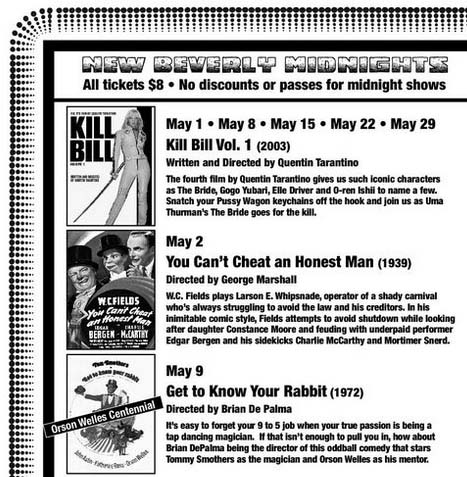
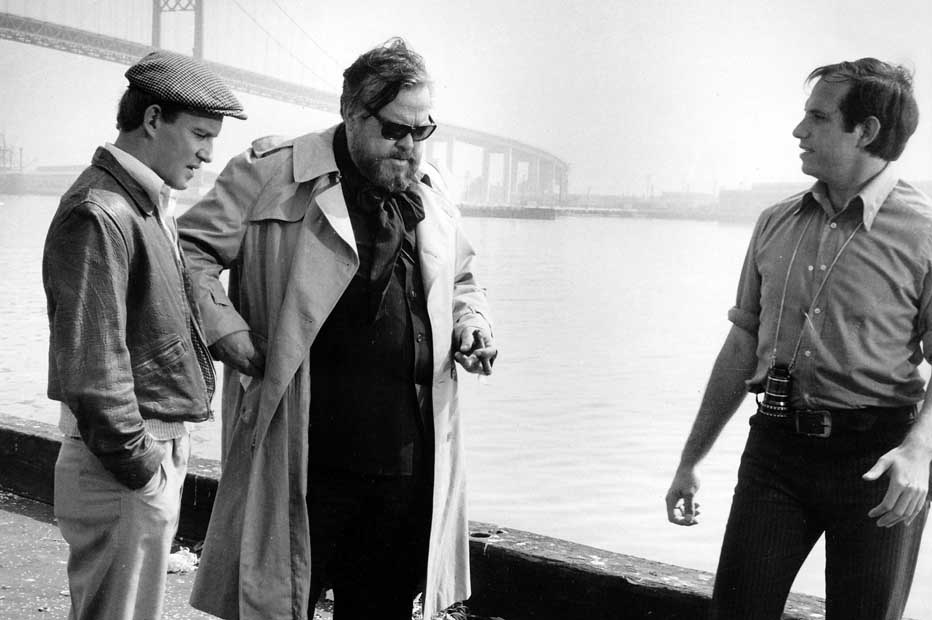
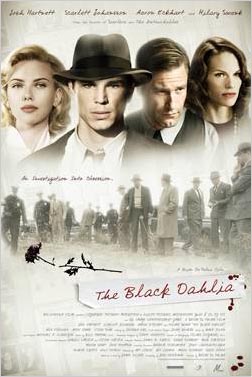 James Ellroy, promoting his latest novel, Perfidia, tells
James Ellroy, promoting his latest novel, Perfidia, tells